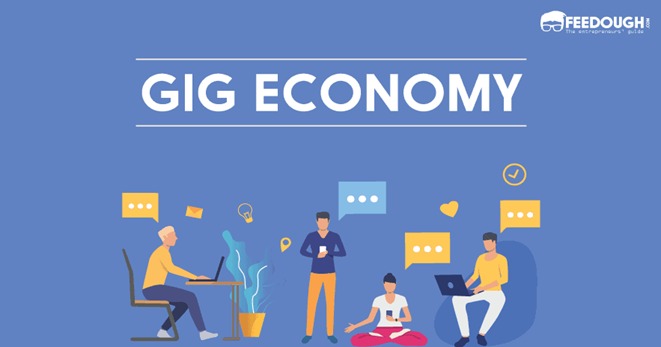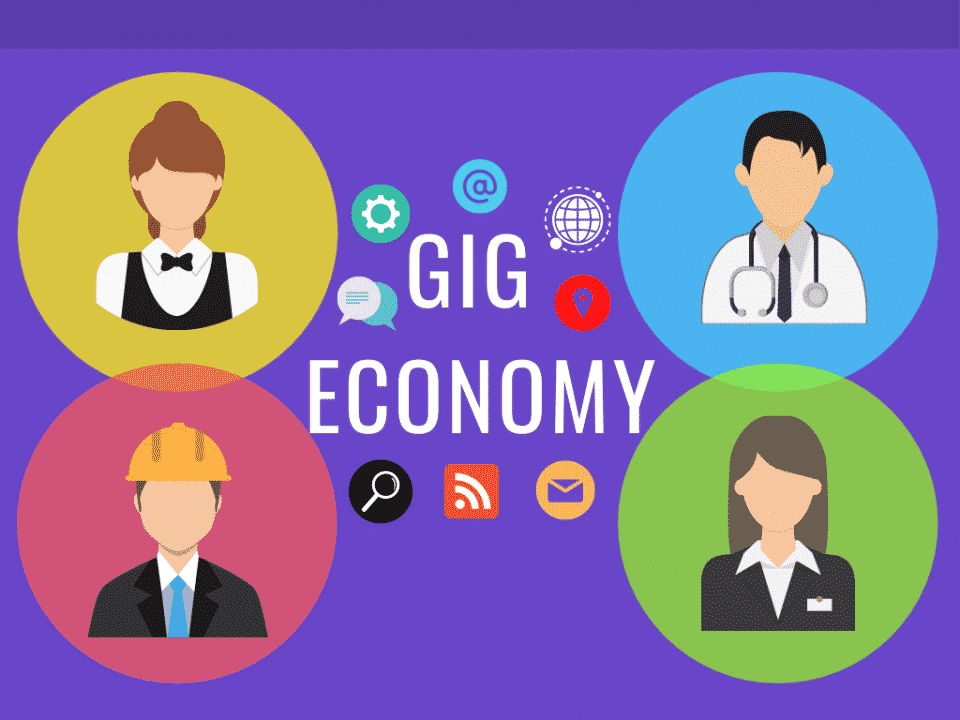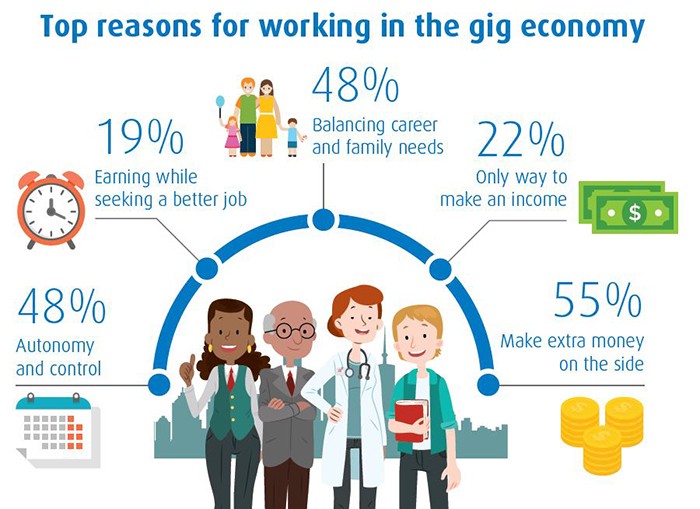What is Gig work?
The word 'gig' is borrowed from the music world in the west, where performers book 'gigs' that are single or short term engagement at various venues.
The gig economy is a labor market characterized by short-term, flexible jobs, often facilitated by digital platforms, where workers take on freelance tasks for self-sufficiency.

What is the impact of gig work on the economy?
India's gig economy, fueled by COVID-19 lockdowns, has grown significantly, with over 15 million freelancers working on technology projects. 60% of tech organizations invest in gig workers, with 97% seeking to maintain or increase their workforce.
“We are witnessing a paradigm shift in the world of work, with gig employment becoming increasingly popular among employers due to its advantages including cost-effectiveness, scalability and access to specialised skills."
-Aditya Narayan Mishra, MD & CEO, CIEL.
. Young people are increasingly turning to gig work for three main reasons:
1. stagnant wages and rising living costs in cities
2. a lack of comprehensive social security
3. the absence of decent, secure jobs.

Gig work's influence on entrepreneurship
Gig work can boost new business formation by providing income during lean periods and encouraging entrepreneurs to take risks, as it provides a fallback option in case of failure.
The gig economy has number of positive impacts such as:
- Reduced risk: Entrepreneurs can start small and test the waters with their ideas before committing to a full term business.
- Biz Lift; the gig economy encourages Entrepreneurial activity, with new business registrations increasing by 4 - 6% after the economy arrives.
The gig economy also has a few negative impacts, such as:
- Poor Prep; Field service businesses may not be fully prepared to hire gig workers because they have different needs and expectations than traditional employees.
- Career Underfunding; Companies that use gig workers may not invest in their workers' career development.

Gig work's influence on workforce
This section delves into the advantages and disadvantages of gig work, its effects on workers, and the future of the gig economy.
The economy offers benefits like flexibility, autonomy, entrepreneurial opportunities, skill development, and diverse income streams, but also challenges like job insecurity, income instability, and financial responsibility.
Demographics of Gig Workers
Gig workers span generations;
- Gen Z (15%): Younger workers are increasingly engaging in gig work.
- Millennials (45%): This generation is most likely to participate in gig work.
- Gen X (27%): Experienced workers are also embracing gig work.
- Baby Boomers (9%): Even retired workers are supplementing their income through gig work.

Future of the economy
In conclusion, the gig economy is having a significant impact on both entrepreneurship and the workforce, as the rise of gig work and the gig economy is changing the business landscape and altering traditional workforce dynamics. However, it also raises concerns about job security, benefits, and worker protections. To ensure a sustainable and equitable future, policymakers, platforms, and workers must work together.
Gig Economy